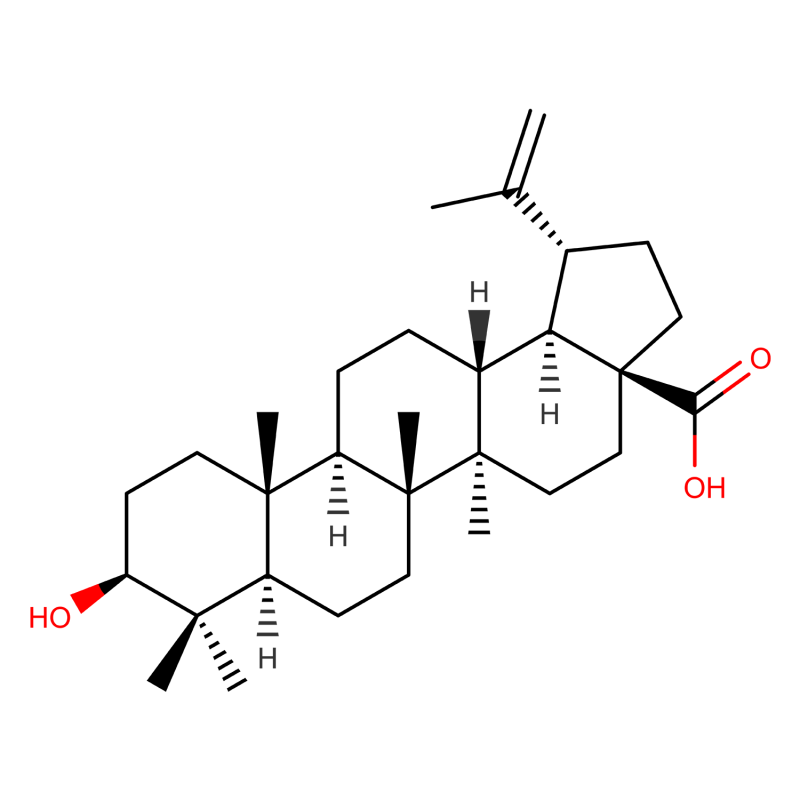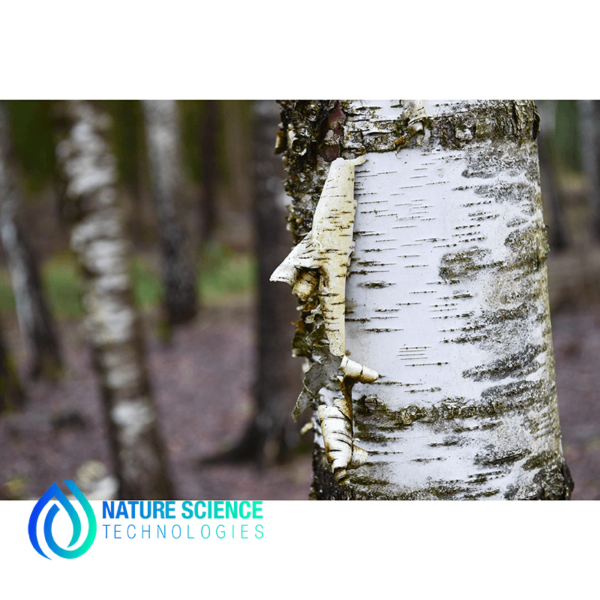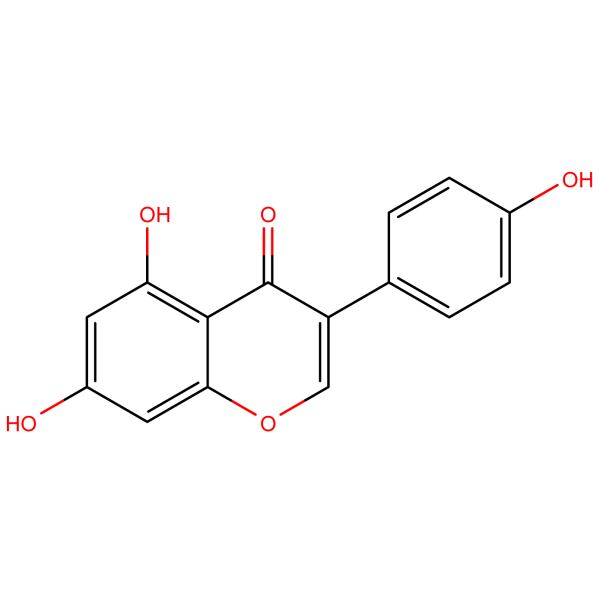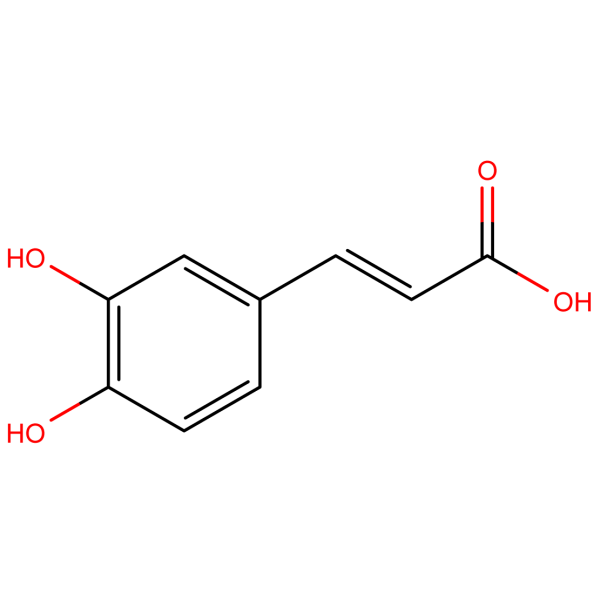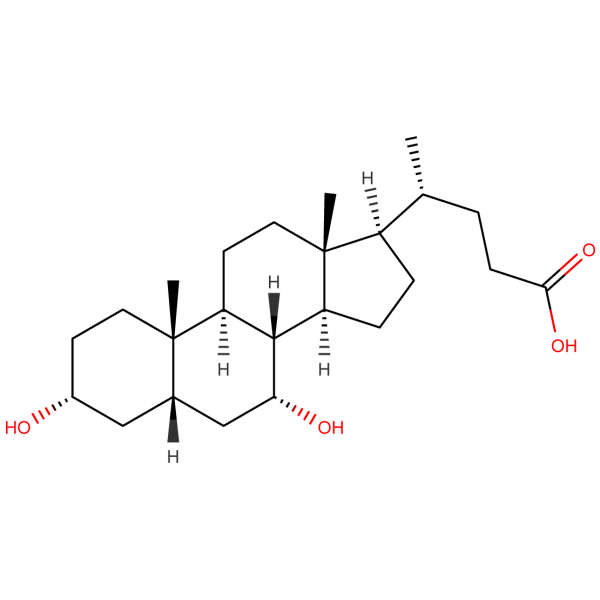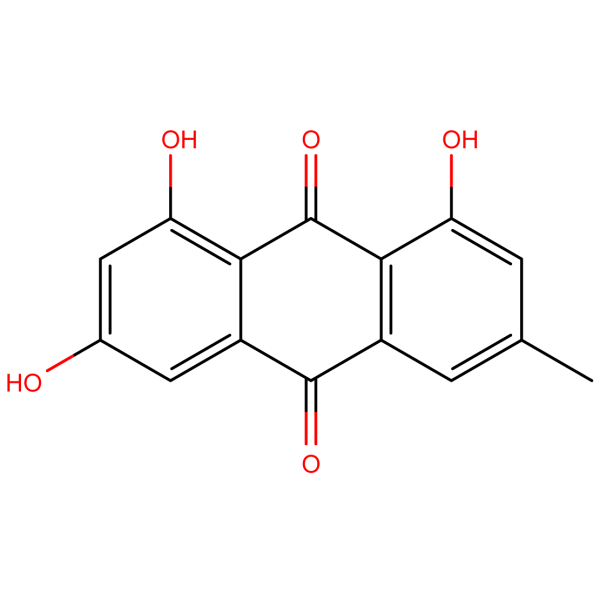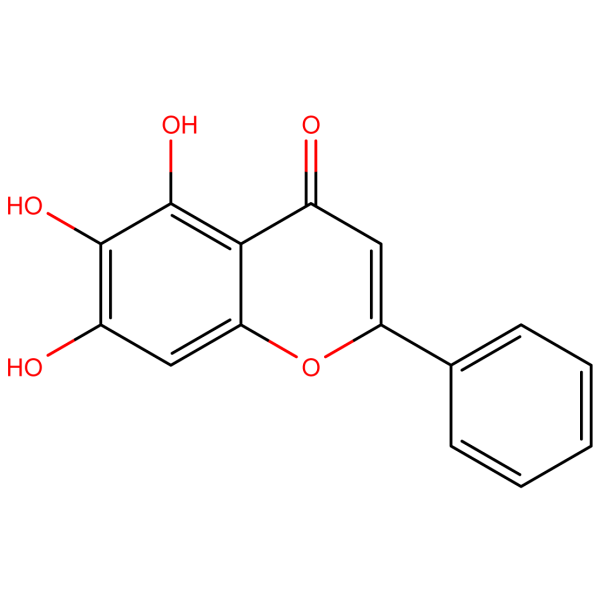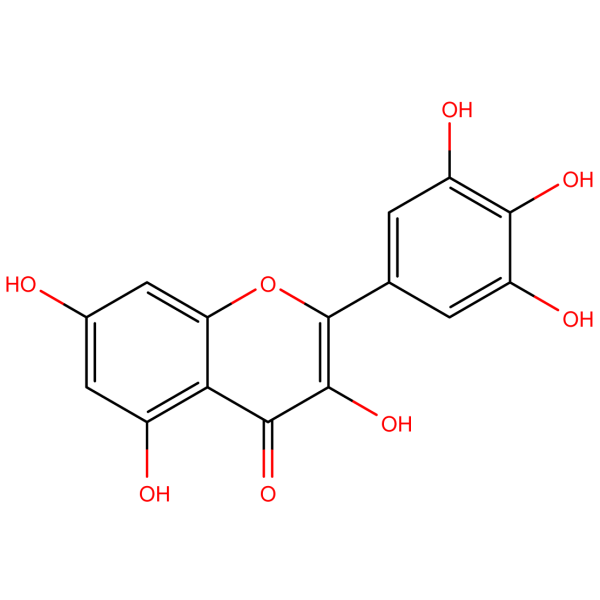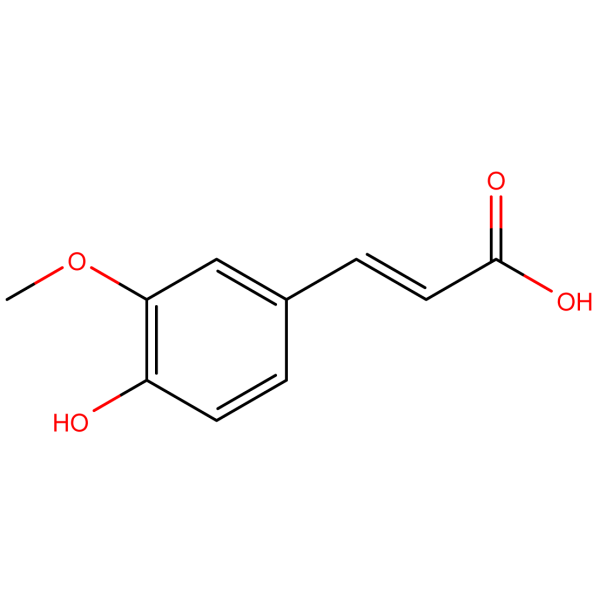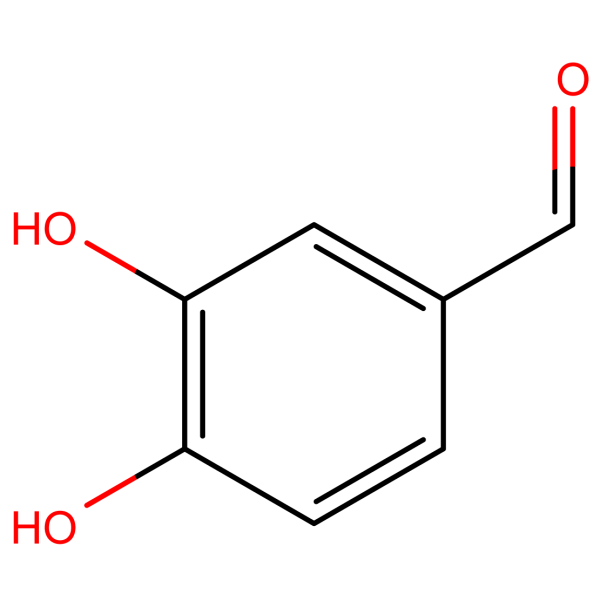Betulinic acid: Potent Pentacyclic Triterpenoid for Advanced Biomedical Research
1. Molecular Identity
- Chemical Name: 3β-hydroxy-lup-20(29)-en-28-oic acid
- CAS Number: 472-15-1
- Source: Naturally occurring in various plant species, including the bark of white birch trees
2. Biochemical Significance
Betulinic acid is a pentacyclic triterpenoid with diverse biological activities. Its unique molecular structure contributes to its potential anticancer, anti-inflammatory, and antiviral properties, making it a compound of significant interest in pharmaceutical research and drug development studies.
3. Key Properties of Betulinic acid
- Anticancer: Demonstrates potential in inducing apoptosis in various cancer cell lines
- Anti-inflammatory: Shows ability to modulate inflammatory pathways
- Antiviral: Exhibits promise against certain viral infections, including HIV
- Antioxidant: Indicates free radical scavenging capabilities
4. Potential Research Applications
- Cancer research and drug development
- Inflammatory disorder investigations
- Antiviral studies, particularly in HIV research
- Metabolic disorder and diabetes studies
5. Current Research Focus
Ongoing studies are investigating Betulinic acid’s effects on:
- Various cancer types and their molecular pathways
- Inflammatory signaling cascades
- Viral replication mechanisms
- Glucose metabolism and insulin sensitivity
6. Formulation Challenges and Innovations
Researchers are actively working on:
- Enhancing bioavailability through novel delivery systems
- Developing semi-synthetic derivatives with improved pharmacological profiles
- Creating targeted delivery methods for cancer therapy
7. Regulatory Considerations
Betulinic acid (CAS 472-15-1) is primarily used in research settings. Its development for specific therapeutic applications would require comprehensive safety and efficacy evaluations to meet regulatory standards.
8. Future Research Directions
The scientific community anticipates:
- Advanced clinical trials for various cancer types
- Exploration of Betulinic acid’s potential in combination therapies
- Investigation of its mechanisms of action at the molecular level
9. Collaborative Opportunities
We invite oncologists, virologists, immunologists, and academic institutions to explore the research potential of Betulinic acid. For inquiries, collaborations, or to discuss how this compound can benefit your research projects, please contact us at sales@nstchemicals.com.
Join us in advancing biomedical research with Betulinic acid – a powerful pentacyclic triterpenoid at the forefront of natural product-based therapeutic strategies.
FAQ
Most frequent questions and answers
1. What is betulinic acid?
Betulinic acid (Betulin acid) is a naturally occurring bioactive compound found in many plants. Due to its increased bioavailability, it shows higher potency in medicine and cosmetics than its more abundant derivative betulin itself. Betulinic acid serves as a popular additive in cosmetics and food supplementation, with research also showing positive applications for the reduction of cholesterol and the treatment of several types of cancer, whilst also exhibiting antibacterial, antiviral, and anti-inflammatory properties.
2. How is betulinic acid produced?
Although betulinic acid can be found in nature (most prominently in birch bark) and therefore could be isolated, due to low amounts present it’s not a viable option. A much more practical way is chemical synthesis, where betulin is transformed into high quality betulinic acid with selective primary hydroxyl group oxidation and purification.
3. Where is betulinic acid used?
Betulinic acid is a popular additive in cosmetics, where it serves as a natural skin toner, skin restorer, and antioxidant. It can also aid in the treatment of dermatitis, psoriasis, and eczema. Betulinic acid is also used as a supplement and has been shown to improve several metabolic processes. It can also help with the treatment of high cholesterol and diabetes. Betulinic acid and its derivatives have found their place in clinics as a possible anticancer agent.
4. What are the benefits of using betulinic acid?
Betulinic acid benefits include the restoration and improvement of skin, mostly due to a reduction in oxidative stress by sensitizing the body’s natural ability to fight reactive radical molecules. Research also suggests that betulinic acid can help to regulate blood sugar levels by increasing insulin sensitivity, in turn helping to prevent diet-induced obesity. Others report that betulinic acid can aid in lowering cholesterol, and in some cases, can also help to maintain normal blood pressure.
5. Why choose NSTchemicals.com?
We are a Europe-based distributor and we can provide you with high-quality betulinic acid as well as many more natural plant chemicals. If you can’t find exactly what you’re looking for, please contact our sales team at: sales@nstchemicals.com
6. How to buy betulinic acid?
You can order high-quality betulinic acid directly from our online store, and if you have any questions about our products or their possible applications, please head over to our contact page and get in touch!

